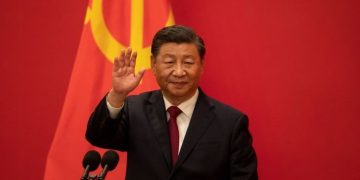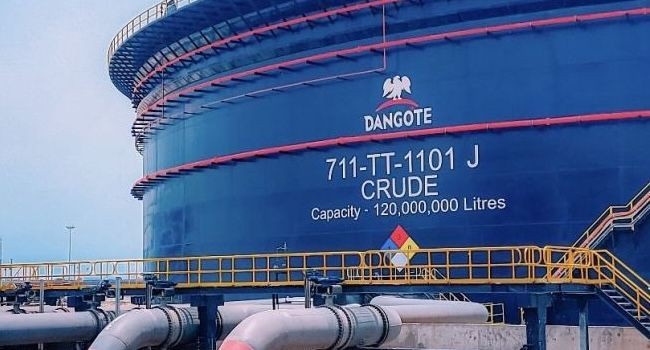The Federal Government has reaffirmed its commitment to the naira for crude initiative, emphasizing its role as a key policy directive aimed at bolstering sustainable local refining. This announcement follows a series of engagements between government officials and representatives from local refineries, notably the Dangote Refinery.
Background of the Naira For Crude Initiative
On July 29, 2024, President Bola Tinubu directed the Nigerian National Petroleum Company Limited (NNPCL) to sell crude oil to Dangote Refinery and other local refineries in naira. This strategic move was designed to stabilize fuel pump prices and manage the dollar-naira exchange rate effectively.
Formation of the Technical Sub Committee
Subsequently, on August 15, 2024, the Federal Government inaugurated a Technical Sub-Committee tasked with developing a comprehensive framework for implementing the naira-based crude sales. The committee comprises key stakeholders, including representatives from the Ministry of Finance, NNPCL, Central Bank of Nigeria (CBN), and the Nigerian Upstream Petroleum Regulatory Commission (NUPRC). The primary objective is to position Nigeria as a refining hub, thereby reducing reliance on crude oil exports and fostering local expertise in the energy sector.
Challenges in Implementation
Despite these initiatives, challenges have emerged in the seamless execution of the policy. In November 2024, Dangote Industries Limited reported difficulties in securing adequate crude oil supplies under the naira-based arrangement. Edwin Devakumar, Vice-President of Dangote Industries, highlighted that the NNPCL’s deliveries were insufficient, hindering the refinery’s operations.
Government’s Reaffirmation
In response to these challenges, the Federal Government has reiterated that the naira for crude initiative remains a cornerstone policy aimed at achieving sustainable local refining. The government is actively engaging with stakeholders to address implementation hurdles and ensure the policy’s objectives are met.

























































